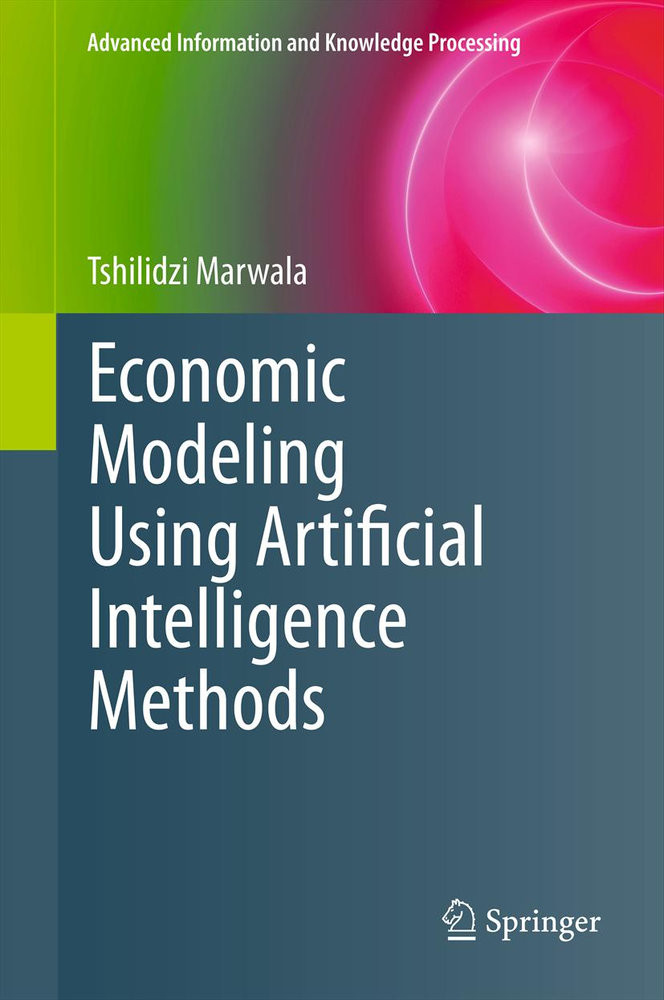Economic Modeling Using Artificial Intelligence Methods examines the application of artificial intelligence methods to model economic data. Traditionally, economic modeling has been modeled in the linear domain where the principles of superposition are valid. The application of artificial intelligence for economic modeling allows for a flexible multi-order non-linear modeling. In addition, game theory has largely been applied in economic modeling. However, the inherent limitation of game theory when dealing with many player games encourages the use of multi-agent systems for modeling economic phenomena.
The artificial intelligence techniques used to model economic data include:
multi-layer perceptron neural networks
radial basis functions
support vector machines
rough sets
genetic algorithm
particle swarm optimization
simulated annealing
multi-agent system
incremental learning
fuzzy networks
Signal processing techniques are explored to analyze economic data, and these techniques are the time domain methods, time-frequency domain methods and fractals dimension approaches. Interesting economic problems such as causality versus correlation, simulating the stock market, modeling and controling inflation, option pricing, modeling economic growth as well as portfolio optimization are examined. The relationship between economic dependency and interstate conflict is explored, and knowledge on how economics is useful to foster peace - and vice versa - is investigated. Economic Modeling Using Artificial Intelligence Methods deals with the issue of causality in the non-linear domain and applies the automatic relevance determination, the evidence framework, Bayesian approach and Granger causality to understand causality and correlation.
Economic Modeling Using Artificial Intelligence Methods makes an importantcontribution to the area of econometrics, and is a valuable source of reference for graduate students, researchers and financial practitioners.




